So we probably all know that chronic stress is not good for us, both physically, mentally and emotionally.
One of the reasons that it affects us so badly is that
it depletes our body of some very important nutrients that we simply must have enough of if we want to feel and function well at every level.
Three of these include:
Magnesium
Research shows that
over 70% of adults in western countries are deficient in this mineral - and chronic stress is one of the factors to blame.
Some of the symptoms that you may experience if you are low in magnesium include headaches, muscle cramps, a chronic lack of energy, period pain, insomnia and chocolate cravings.
If you're struggling with some of these too, you can boost your magnesium intake by including in your meals more foods like dark green leafy vegetables, black and navy beans, wholegrain rice, barley, lentils, almonds, cashews, walnuts and Brazil nuts.
B vitamins
Chronic stress also depletes your body of B vitamins which can then contribute to a lack of energy, poor concentration and memory, mental health issues and other challenges.
There are 8 B vitamins in total and they come from a range of different foods, but
some of the main sources include whole grains, nuts and seeds, dark green leafy vegetables, beans and pulses and animal products (fish, meat, dairy and eggs).
Vitamin C
This is a powerful antioxidant that
helps to reduce the damage to your cells caused by free radicals that are produced as a result of chronic stress.
Of course, when you're constantly stressed, it’s hard to keep up with your body’s needs for this vitamin and the likelihood of deficiency increases.
Some of the foods that can help you boost your vitamin C intake and prevent that from happening include berries, citrus fruits, pomegranate, papaya, acerola, dark green vegetables and peppers (especially red bell peppers).
Of course, you can also get all of these nutrients from supplements, but as much as possible try to prioritise food first.
However, if you decide to go down the supplement route, do consult a qualified health practitioner first, to make sure that the supplement you’re taking matches what you and your body specifically need, and that it’s not counterproductive to your health.
To discover what else you can do to fully optimise your nutrition so that you can improve your health and feel at your best every day, apply for a complimentary discovery call with us below and let’s have a chat about how we can help you achieve this goal.





